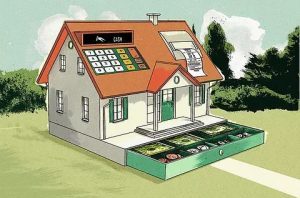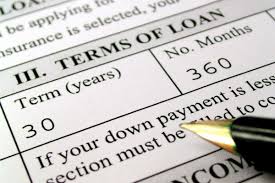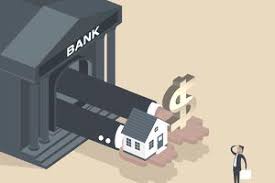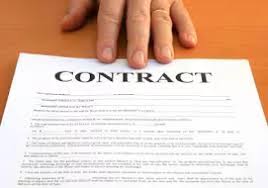
Do you have a mortgage? So do I! Looks like we have something in common. Did you know that 6 out of 10 consumers break their mortgage 38 months into a 5-year term? That means that 60% of consumers break a 5-year term mortgage well before it’s due…but do you also know what the implications are of this? Let’s take a look!
People need to break a mortgage for a variety of reasons. Some of the most common include:
· Sale and purchase of a new home *without a portable mortgage
· To take equity out/refinance
· Relationship changes (ex. Divorce)
· Health challenges or life circumstances are altered
And a whole other variety of reasons. So what happens if you have one of the above reasons, or one of your own occur and you have to break your mortgage? Here is an example of what would happen:
Jane and John Smith have lived in their home for 2 years now. When they bought the home, they recognized that it would need some major renovations down the road, but they loved the location and the layout of the home. They purchased it for $300,000 and have 3 years left but would like to access some of the equity in their home and refinance the mortgage to afford some of the bigger home renovations. This refinancing would be with 3 years left on their current mortgage. So, what are Jane and John looking at for cost? There are two methods that are used to calculate the penalty:
POSTED RATE METHOD (used by major banks and some credit unions)
With this method, the Bank of Canada 5 year posted rate is used to calculate the penalty for Jane and John. Under this method, let’s assume that they were given a 2% discount at their bank thus giving us these numbers:
Bank of Canada Posted Rate for 5-year term: 5.14%
Bank Discount given: 2% (estimated amount given*)
Contract Rate: 3.14%
Exiting at the 2-year mark leaves 3 years left. For a 3-year term, the lenders posted rate. 3 year posted rate=3.44% less your discount of 2% gives you 1.44% From there, the interest rate differential is calculated.
Contract Rate: 3.14%
LESS 3-year term rate MINUS discount given: 1.45%
IRD Difference = 1.7%
MULTIPLE that by 3 years (term remaining)
5.07% of your mortgage balance remaining. = 5.1%
For the Smith’s $300,000 mortgage, that gives them a penalty of $15,300. YIKES!
Now, Jane and John were smart though and used their Dominion Lending Centres broker to get their mortgage. Because of this, a different method is used.
PUBLISHED RATE METHOD (used by broker lenders and most credit unions)
This method uses the lender published rates, which are generally much more in tune with what you will see on lender websites (and are generally much more reasonable). Here is the breakdown using this method:
Rate when you initially signed: 3.24%
Published Rate: 3.54%
Time left on contract: 3 years
To calculate the IRD on the remaining term left in the mortgage, the broker would do as follows:
Rate when you initially signed: 3.24%
LESS Published Rate: 3.54%
=0.30% IRD
MULTIPLE that by 3 years (term remaining)
0.90% of your mortgage balance
That would mean that the Smith’s would have a penalty of $2,700 on their $300,000 mortgage
A much more favourable and workable outcome! Keep in mind that with the above example is one that works only if the borrower has:
· Good credit
· Documented income
· Normal residential type property
· Fixed rate mortgage
For Variable rates mortgages, generally the penalty will be 3 months interest (no IRD applies).
If you find yourself in one of the scenarios that we listed at the start of this blog, or if you just need to get out of your mortgage early, be smart like Jane and John—review your options with a DLC Broker! In the example above, it saved them $12,600 to work with a broker! It really does pay to have a Mortgage Broker working for you.
Contact me for your best mortgage options 705.669.7798 or trina@ndlc.ca
#trinamortgages #mortgages #ndlc #freedomofchoice
#bestmortgageforme #executive #firstimehomebuyer
If you found this information valuable, I only ask that you share with your friends and family.
Copyright DLC

 By adding 5 years to your mortgage you can lower your payments by $320 a month. If that’s not enough and you have more than 20% equity , in other words, your mortgage is less than 80% of the value of the home, you can extend your mortgage to 30 years with most lenders.
By adding 5 years to your mortgage you can lower your payments by $320 a month. If that’s not enough and you have more than 20% equity , in other words, your mortgage is less than 80% of the value of the home, you can extend your mortgage to 30 years with most lenders.







